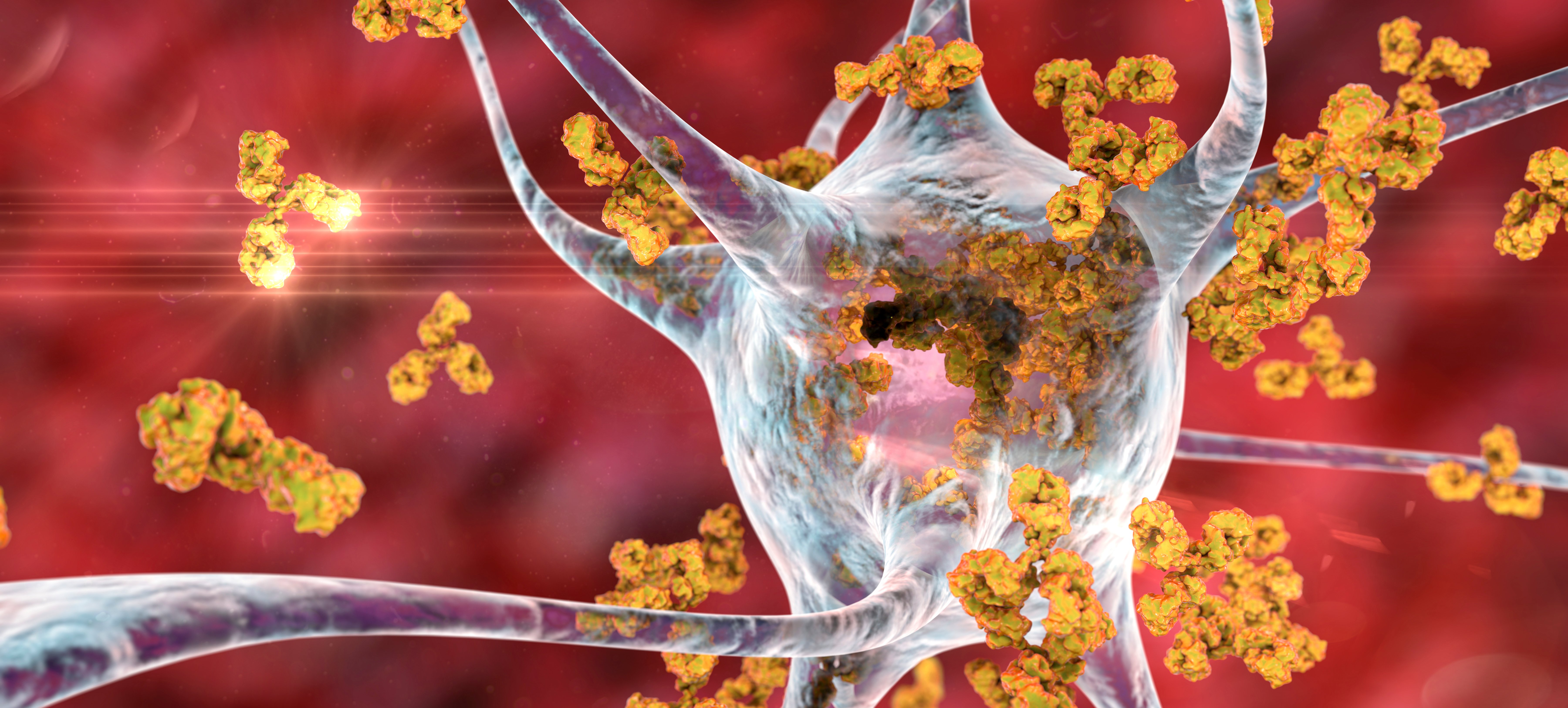An Overactive Immune System Could Be a Sign of Cancer
Harley Riedel remembers his late wife, Posey, fondly. She was outgoing, healthy and the main part of the Tampa attorney’s life.
But upon returning home from work one day, Riedel noticed a sudden change in his wife.
“That day she told me that she had some balance issues,” Riedel remembered. “I was concerned about her falling so we went to her doctor and she was tested for vertigo.”
Soon after the doctor’s visit Posey felt exhausted and began vomiting. That’s when the couple knew something even more severe may be going on – possibly a stroke.

Posey Riedel enjoyed the outdoors prior to her paraneoplastic syndrome diagnosis.
After several MRI scans and doctor visits it was determined that Posey did not have vertigo and she did not have a stroke. It was, in fact, paraneoplastic syndrome that was causing her health to fail.
According to Dr. Sepideh Mokhtari, a member of Moffitt Cancer Center’s Neuro Oncology Program, paraneoplastic syndrome relates to any condition that activates a person’s immune system when it tries to kills cancer cells. The syndrome occurs when healthy, normal tissues are targeted rather than cancerous ones.
“Often the immune system attacks the nervous system, and this is really an effect of the body trying to heal itself,” Mokhtari said.
Symptoms related to paraneoplastic syndrome vary depending on the part of the body that is erroneously attacked. If the immune system recognizes a healthy muscle cell as a cancer cell, for example, the patient will have muscular issues. If there are neurological issues, the immune system may be attacking a peripheral nerve.
“There are a big variety of this type of syndromes that we put in the paraneoplastic category,” Mokhtari explained. “These symptoms often happen in the early stages of cancer development even before a patient is diagnosed.”

Even advanced technology like MRIs and CAT scans may not find the source of the syndrome, which leaves doctors working with non-specific symptoms that make diagnosis even more difficult. Some of the more common cancers that can trigger paraneoplastic syndrome are in the lungs, ovaries, breasts and blood. They can also be associated with melanoma and renal cancer, Mokhtari said.
The Riedels’ experience with paraneoplastic syndrome doesn’t have a happy ending. Harvey Riedel said that his wife’s condition became progressively worse.
“She got to the point where she couldn’t eat on her own and she had to be fed,” Riedel said. “Her case became so advanced that she couldn’t control her movements. She would say that her leg had a mind of its own because she had no control. She was always active, and I knew she didn’t want to live that way.”
After eight months, Posey Riedel was unable to feed herself or communicate. She died in January of 2018.
“It became disabling in the end and she didn’t want to remain alive in a state of complete dependence,” Riedel said.

Harvey and Posey Riedel at the beginning of their relationship.
After Posey’s death, Riedel wanted to make sure that paraneoplastic syndrome received more attention, which is why he partnered with Moffitt to raise awareness among physicians and nurses. His goal is to educate providers in the community about the syndrome and teach them how to identify its signs.
That education is working.
“There was a lack of communication and coordination when it came to this syndrome,” Mokhtari said. “We have seen patients who are like Posey and we are able to help them function better with the new approaches and earlier detection. I think Posey would be very pleased to see the progress we’ve made and there is hope that things are going to continue to get better for these patients.”
Some of those advances include going beyond standard testing, Mokhtari said. If doctors are aware of the signs of paraneoplastic syndrome, they will be more likely to order more specific tests that could detect smaller signs of cancer.
“Unless we find the source of the cancer with these syndromes, we will have no luck in reversing the paraneoplastic syndrome symptoms,” Mokhtari said. “Like with so many cases, early detection is important. If we find it and months have passed, and even if we are able to successfully treat the cancer, the patient will still have deficient, neurologic or others, related to the syndrome.”
The education community physicians receive about this condition literally saves lives, Riedel said. It’s his hope that other families won’t have to experience what he did when Posey was diagnosed.
“There is a resource at Moffitt that is available, so oncologists know what to do,” Riedel said. “It takes a plan of action, and through partnerships and education, it’s my hope that fewer people will have to experience the devastating effects of this syndrome.



